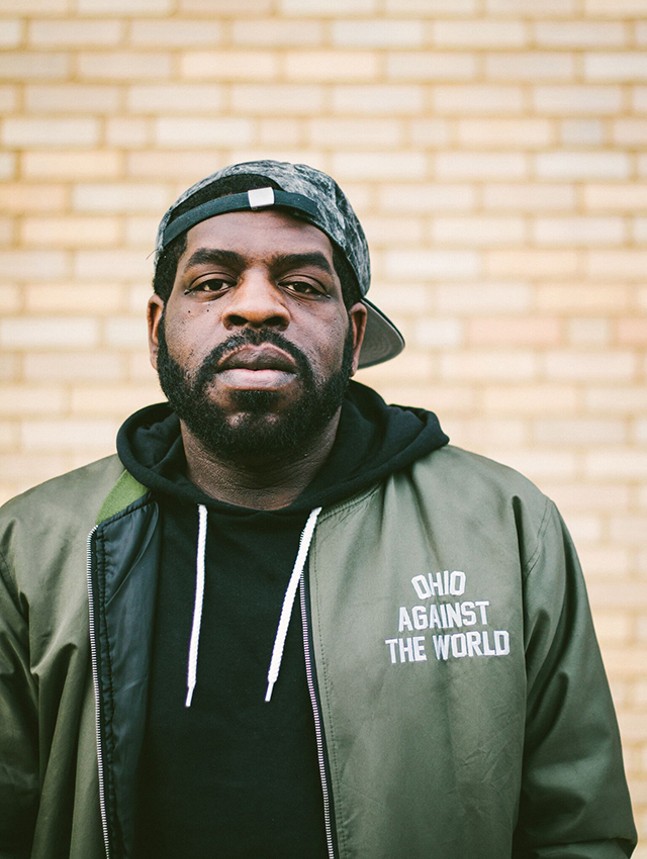On Feb. 5, Alphabet City hosts Columbus-based poet and cultural critic Hanif Abdurraqib. His 2017 They Can’t Kill Us Until They Kill Us is a collection of essays examining what it means to be Black in America through his relationship to music, from Marvin Gaye to Fall Out Boy. Pittsburgh City Paper spoke to him about the importance of English teachers, staying in Ohio, and his book Go Ahead in the Rain: Notes to A Tribe Called Quest, which releases Feb. 1.
This interview has been edited and condensed for clarity.
There is often pressure as a writer to move to New York, L.A., or another big city. Why is it important to you to stay in Ohio?
The thing that I need to be successful as a writer is to be grounded in a place where I know and love the geography and a place where I am close to people I love and care about. Surely there are things in the periphery of being a writer that living on the coasts would enhance, but I'm really invested in the work. I need a space I can step into that allows me to flourish and be curious and have some kind of whimsical nature, and I think no place does that for me but home.
You recently posted a picture on Twitter with your high school English teacher and a thread about how much that meant to you. Why was it so special?
I think an incredible thing is to see the bare bones of my work reflected in the earliest teachings of someone who showed me the possibility of language. [It] was a reminder that every part of my lineage as a writer and every part of my constant work as a writer does not just appear out of thin air. There were people kind of laying the foundation for me for an entire lifetime.
What were some lessons your teacher taught that stuck with you the most, writing-wise?
To first and foremost approach work with a critical eye and be unafraid to argue against the world if it's possible to build an argument for the things that I believe in. Anything worth caring about is worth looking at with a critical eye, and that's where I first learned that.
In your last book, you wrote about dozens of different artists and bands—why did you decide to focus on one group for Go Ahead in the Rain?
I was interested in archiving the history of a rap group [A Tribe Called Quest] that meant a great deal to me but that I felt might suffer from being lost in a generational gap. If I did not write the story of how this group affected me—which is mostly about fandom and the wide net that fandom can cast—I think some of the stories of their influence and their impact, which is permeating all of hip hop even now, I feel like some of that would be lost.
Why do you feel like there's that generational gap where some of it might be lost?
Hip hop is so young, and it moves so fast, that I think the roots of it aren't always traced back to where the roots actually are. The roots are sometimes traced back to the most recent touchstone, which isn't always the root. I also think like older hip-hop fans—I guess I'm one of them—are not always interested in dialogue as much as they are interested in proving how much they know, and I didn't want to write this book from the standpoint of an expert or as someone who knows everything. I mostly wanted to write as a fan interested in dialoguing with other fans.















